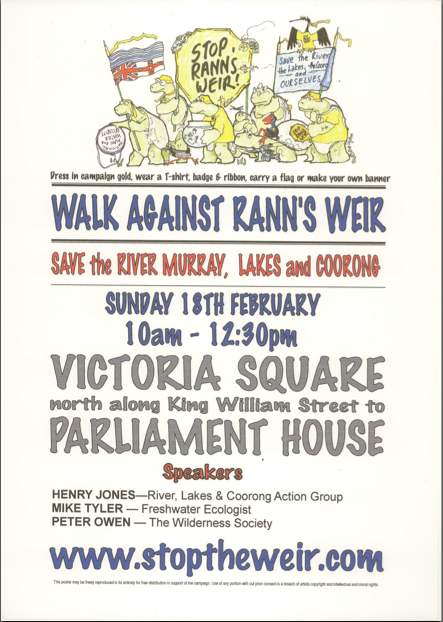I seemed to have missed out on a lot of this business about the flag while I was busy sleeping to get over my cold. Oh well, better late than never.
The protocols on flying the Australian flag can be found here. Some excerpts:
The Australian National Flag should be displayed only in a manner befitting the national emblem. It should not be subjected to indignity or displayed in a position inferior to any other flag or ensign. The Flag normally takes precedence over all other national flags when flown in Australia. It should always be flown aloft and free and should not be allowed to fall or lie upon the ground.
The Australian National Flag should not be used as a covering of a statue, monument or plaque for an unveiling ceremony (a plain cover should be used); as a table or seat cover, or as a masking for boxes, barriers or intervening space between floor and ground level on a dias or platform.
When the Australian National Flag is raised or lowered, or when it is carried past in a parade or review, all present should face the Flag, men should remove their hats and all should remain silent. Those in uniform should salute.
There’s lots more at the site, but I’ve had a pretty good read, and while it doesn’t specifically rule out wearing it as a cape, I’m pretty sure that would be against the protocols, particularly since, unless you happened to be rather tall it would probably drag along the ground. The spilling of beer on the flag would also, I suspect be frowned upon. I don’t think it takes too much stretch of the imagination to suppose that threatening to punch someone for not kissing the flag brings it into disrepute and so is also against the protocols. We’ve heard statements from various politicians (excluding Andrew Bartlett who was a rare voice of reason on the matter – and who brought up the flag protocols – and also Sharon Bird) and the RSL this week but none to condemn this sort of treatment of the flag, despite their professed concern that the flag be respected.
On the other hand the organisers of the Big Day Out actively discouraged this sort of activity – so why do I condemn them? That’s because this year’s lineup looks pretty bloody ordinary to me. Now, I shouldn’t be too hard on Ken West since he got into the business by putting on tours by the greatest Australian band ever (no correspondence will be entered into), and I thought last year’s in Adelaide was fantastic (and as far as I saw, free of obnoxious nationalism) so maybe this is just an off year.
Coincidentally, Big Star Records have a competition on their mailing list where they ask you to give your dream BDO lineup (including bands from any era). I decided to stick to current bands who I haven’t seen to narrow the field a bit, here’s what I put:
A Silver Mt Zion
Dälek
Hood
The Fall
Larsen
Mouse on Mars
Joanna Newsom
Silver Jews
Sufjan Stevens
Subtle
You may notice that there are no Australian bands (if Peter Debnam ever gets into power he’ll have the patriotism police waiting for me at the NSW border), I assume that there’d be a load of locals as well & they restricted it to 10 so I just put in the
tourists.
For some excellent comments on the ban that never was and also the general state of the BDO, read Clem from the Age
If you didn’t get enough crazy knee jerk reactions from the politicians then you can check out the comments at Blogocracy. (note that I said crazy comments, not Tim Dunlop’s post)
I’ll throw in an acknowledgment to MGK for some of the ideas behind this post too.
There is other good commentary out there too, just follow the links from the links I’ve provided if you’re up for more.

